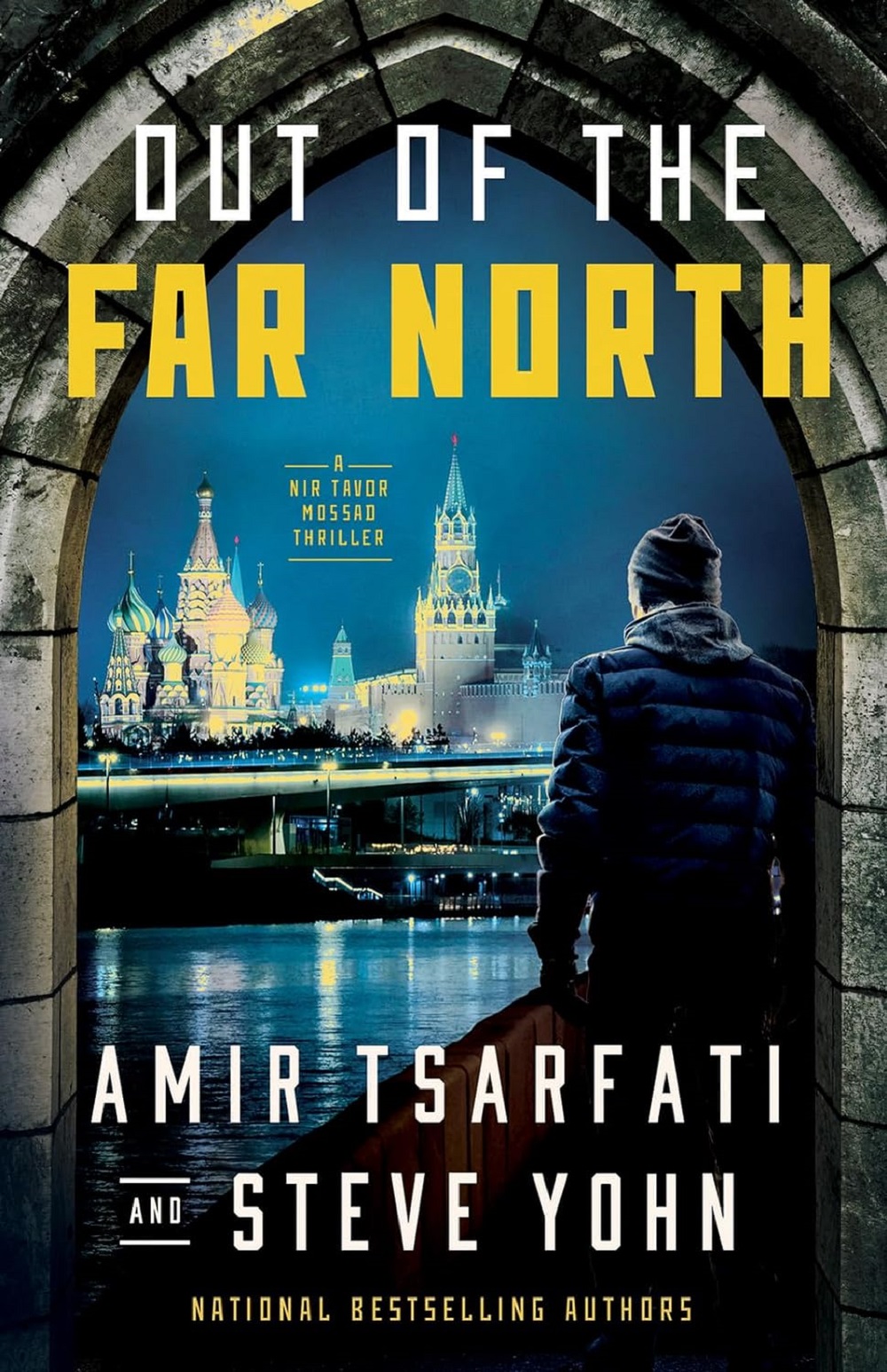Given the current predicament pertaining to the current Israeli-Palestinian conflict in the wake of October the seventh, the fictional Nir Tavor Mossad thriller franchise has never felt weightier. What once was reality-inspired semi-escapism is now grim pseudo-realism, something heightened yet driven by a bloody recognition so uncompromisingly splayed across our screens in real-life you can’t help but feel glib looking at work like Out of the Far North as an educational page turner. In the cold light of day, what Amir Tsarfati and Steve Yohn have done is make one of the most troubled regions of the world palatable in entertainment terms to the uninitiated masses. It’s at once an immensely commendable achievement.
There’s never the sense the geopolitical crises barely averted in the franchise can’t happen, especially given the wild and harrowing turn of events occurring a mere two months ago. I have to personally commend Tsarfati and Yohn not only for what their sense of informed creativity, but their sense of foresight. Now, more than ever, the books in the Nir Tavor Mossad franchise are required reading for those wishing for a fast-paced, informative, and simultaneously entertaining look at Middle Eastern intrigue.
They humanize often maligned issues, explore one of the most sophisticated and intriguing international organizations on the planet, and introduce to us to rich, exotic, and fully three-dimensional characters with fully fleshed out backstories. They’re also able to educate the reader simultaneous to letting them in on nearly wall-to-wall action and rapid-fire pace. Much of what comes to mind when thinking about the franchise is the elevated work of writers like Dan Brown or Stieg Larsson, bonafide geniuses at letting readers into little-known realities for those not often covered by the media, or popular sources.
AMAZON: https://www.amazon.com/Out-North-Tavor-Mossad-Thriller/dp/0736986448
Larsson in particular is a notable source that’s comparable to. With the Millennium books, he was able to tackle the ugly goings on in the underbelly of trite, Swedish society. “Friendship – my definition – is built on two things. Respect and trust. Both elements have to be there. And it has to be mutual. You can have respect for someone, but if you don’t have trust, the friendship will crumble,” Larsson once famously said. It’s something apparent in his writing. And it’s something equally as apparent in the love and conviction Tsarfati and Yohn imbue their own characterizations, and the rich vistas and landscapes that they inhabit. A quote by fellow master Dan Brown also sums up this process well: “Knowledge is a tool, and like all tools, its impact is in the hands of the user.”
Tsarfati and Yohn not only ace this sentiment with the current book, but have shown their ability to do so time and again – consistently. It’s an impressive feat, as even some of the best writers in the last decade have stumbled after a number of hits in their careers. But what hoists Tsarfati and Yohn above that gulf is the fact their source material is fundamentally rooted in the truth. While the scenarios and characters may be fiction, the elementals are happening every day. That imbues the franchise with a responsibility lifting it above any stumbles on the path.
Garth Thomas

